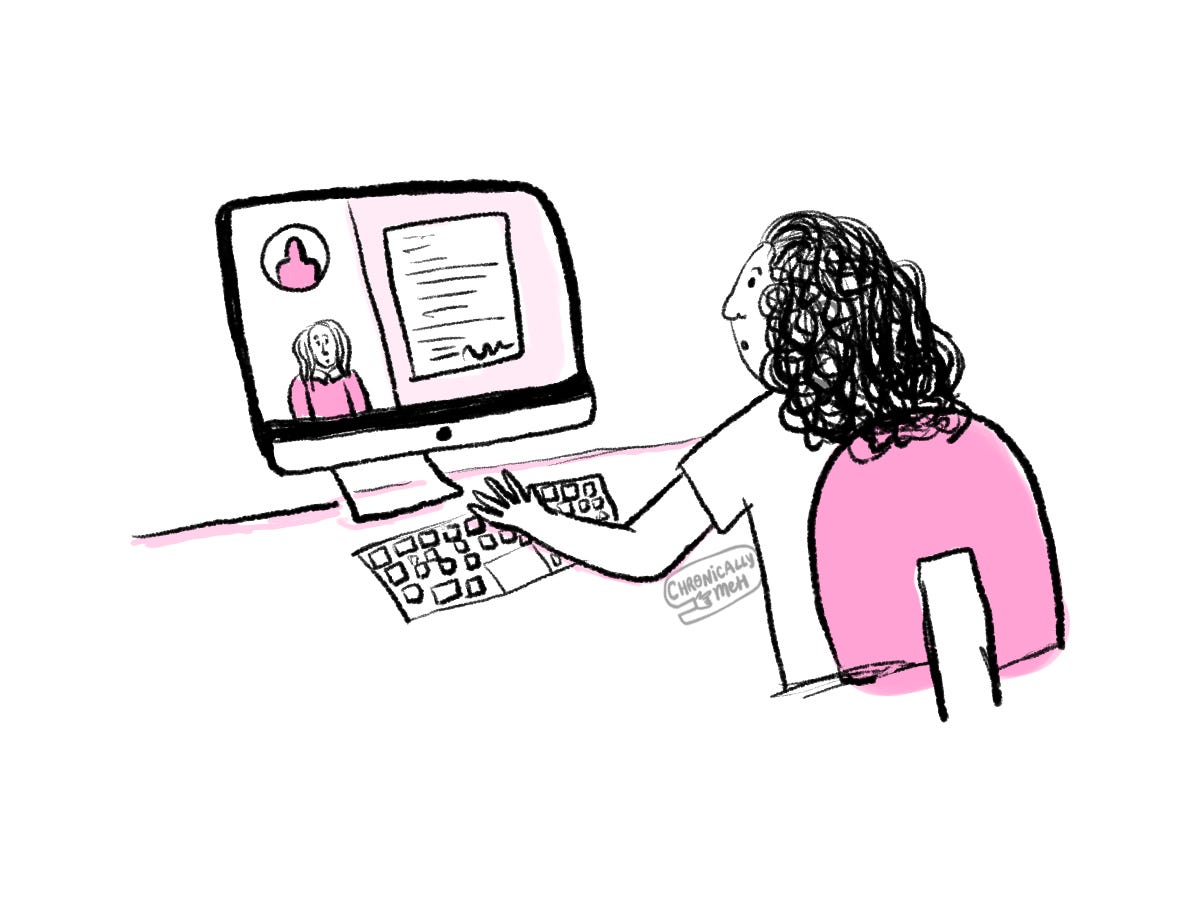This time last year, I lost a job
And I'm still grieving
It might seem strange to grieve the loss of a job a year later. Most people would have moved on. But grief doesn’t follow a timeline, and for someone like me, whose stability and self-worth are tied to work, losing that job was devastating.
Work has always been one of the most important parts of my life. I’ve never stayed in a role I didn’t love, and when I can’t give 100%, I step away. After years of quitting jobs to manage my health, I finally found one that felt like home, a place where I felt fulfilled, valued, and understood. And then I lost it.
Why the fuss over a job?
This wasn’t just any job. It was the job. After four years out of the workforce, convinced I’d never work again, I finally found something that made me believe in myself. It didn’t pay much, but I loved what I did. The team was empathetic, creative, and supportive in ways I didn’t think possible.
Losing that wasn’t just about work. It was losing a sense of purpose, a supportive community, and the rare feeling of being fully seen and accepted.
The day it happened
I saw it coming. The company was struggling, and layoffs were inevitable. Even knowing that, nothing prepares you for the moment it happens.
When my manager scheduled a video call and HR appeared on the screen, I knew what was coming. “It’s not performance-related,” they said. “It’s not personal.” But it felt deeply personal. For someone who had only just begun rebuilding their confidence and career, it felt like everything I’d worked so hard to regain had been taken away in an instant.
One year later
A year has passed. I have a new job and new projects, but the grief lingers. I think back to that team, that role, and wonder if I’ll ever find something like it again.
Living with chronic illness means always pushing to prove yourself, to be as good (or better) than everyone else. Even when you succeed, imposter syndrome whispers that you’re always behind. You work harder, not just to excel, but to hold onto what you’ve fought so hard to build.
Grief doesn’t discriminate
Grieving a job might seem strange, but it’s not so different from grieving a lost relationship. A job can give you purpose, identity, and belonging. Losing that can feel like losing a part of yourself.
Grief doesn’t care if it’s for a person, a job, or a place. Loss is loss, and anything that makes you feel whole is worth grieving.
I’m focusing on what I gained: the lessons I learned, the connections I made, and the belief that I can start over, even when it feels impossible. I remind myself that good people exist in work environments — people who lift each other up and create something meaningful.
Maybe one day, I’ll look back on this chapter with gratitude instead of sadness.
For now, though, I’m giving myself permission to grieve.
My brain doesn’t want to snap out of it this week,
Shruti.





I obviously am deeply familiar with this and I felt every word in my bones! My take is that professional grief hits harder when you live with a health condition, because it’s such a win to be able to work and have a job you feel good in. And, let’s face it, work gives us an excellent distraction from symptoms. We live in a constant state of loss — of friendships, of milestones, of experiences… so the blow of a job you loved hits extra hard I think. 💕💕💕